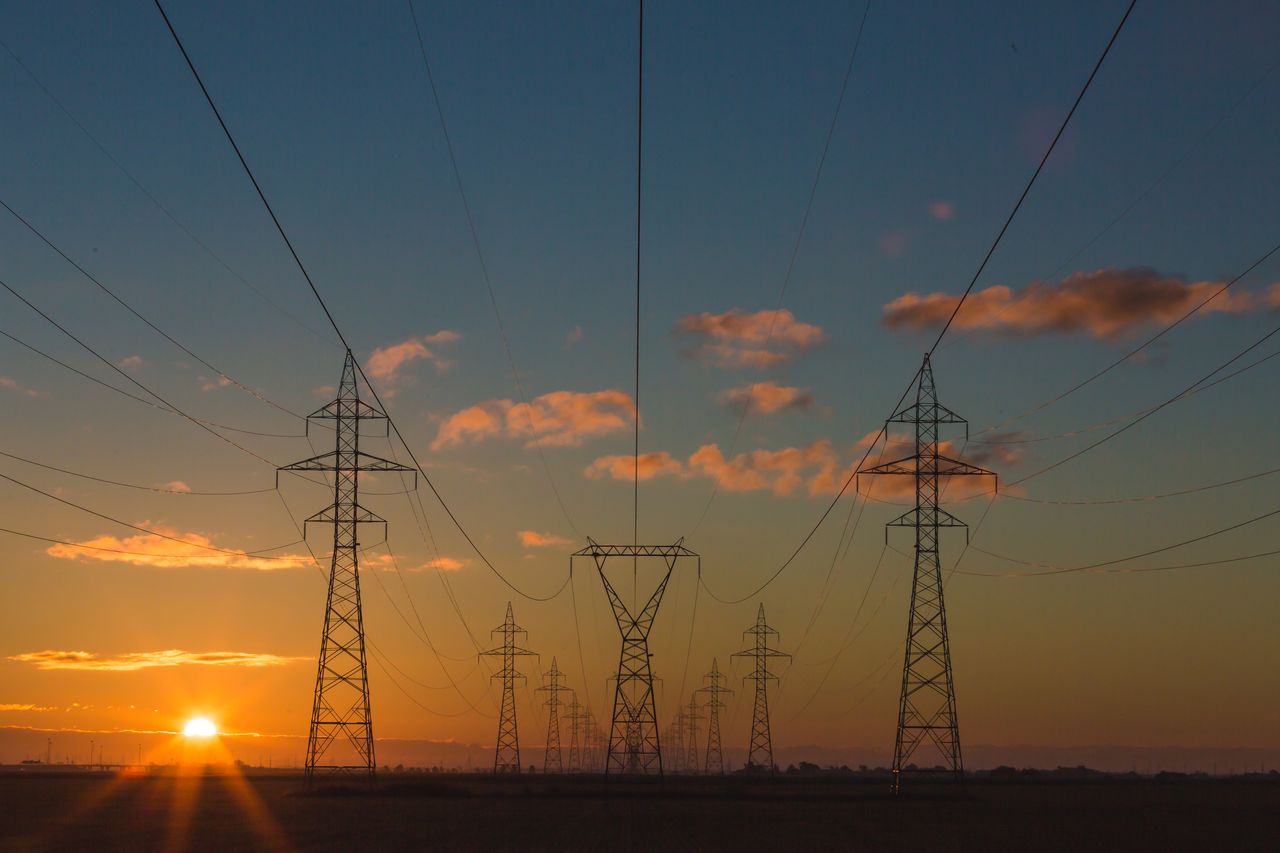Energy recovery from waste is well developed in Sweden and waste currently accounts for about 25% of district heating production, where efficient plants and good demand for heat have led to a favorable cost picture for waste incineration.
According to the EU's waste hierarchy, waste prevention, recycling, recycling and biological recovery must be given priority over energy recovery. The vision is to achieve a more circular system where resources are reused. Despite the fact that Sweden is far ahead in terms of material and energy recycling, much remains to be done to achieve this vision. More efficient and sustainable use of waste (waste as a resource) is highlighted as a priority in the proposal for a new national waste plan.This project focuses on how existing waste treatment infrastructure can be used more efficiently than today. New forms of collaboration between thermal and biological waste treatment could enable the production of new products from wastes, reduced use of primary resources, increased energy efficiency and improved waste management economies, thus contributing to resource-efficient communities and more sustainable energy systems.
The project combines technical and social science research on the waste system as a sociotechnical system. Analysis of new process integration concepts and raw material exchanges based on their energy, resource, environmental and economic performance is matched by social science research from actor, market and decision-making perspectives, with a focus on opportunities for, and obstacles to, actual implementation of innovative waste treatment concepts. The project has a strong focus on actors and customers.
Purpose
This interdisciplinary doctoral project has two overall purposes:
- to improve the use of existing waste treatment systems and infrastructure, in order to contribute to more resource-efficient societies and more sustainable energy systems, and
- to contribute to the supply of skills and the development of energy system research in Sweden.
Goal
The project's goal is to increase knowledge about opportunities for and obstacles to using waste management infrastructure for the production of energy carriers and energy-intensive products from existing and future waste flows, in particular with a focus on sewage sludge.

